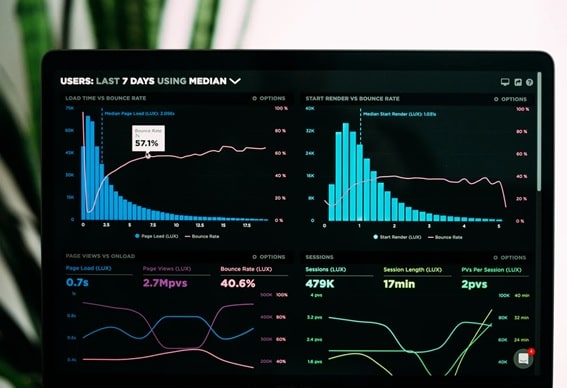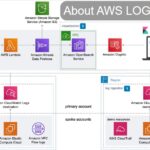Teachers Need Help With Protecting Student Privacy Amid Explosion of Tech Use
Technology has never been more crucial in education than it is in 2021. Because of the Coronavirus pandemic, many students and schoolchildren have switched to either part-time or full-time online education. Remote tutors, and online courses on educational platforms have become as popular as ever. Today, however, we’re going to talk directly about the technological literacy of regular teachers in public schools. The transformation is not as easy as writing a teacher’s leadership essay or any other lesson plan and class journal. They had to adapt to the situation as quickly as possible and conduct their lessons online in Zoom or Skype. Because of the lack of education in the use of modern technologies in the learning process, many teachers accidentally showed the personal data of students in front of the whole class. How to avoid this, and what should be done to prevent such a thing from happening again? Today we’re going to talk about just that.
Information and Communications Technologies in Education
One of the modern teacher’s leading professional qualities is competence in information and communication technologies (hereinafter referred to as ICT). However, some teachers at the initial stage have a disordered, unorganized, and often spontaneous process of mastering ICT. This is due to insufficient training in the theory and practice of information and communication technologies, some teachers’ lack of interest in their use, and simply fear of something new.
Meanwhile, it is these technologies that are aimed at:
– to stimulate interest and motivation for self-education;
– increasing the level of activity and independence;
– development of the skills of analysis and reflection of their own activity;
– development of the desire for cooperation, empathy.
ICT in modern conditions can be an effective tool for the teacher in terms of organizing the educational space with students. In this regard, digital literacy becomes a crucial prerequisite for the success of the educator, who today mainly deals with the digital generation.
Digital fluency is defined by a set of knowledge and skills necessary to safely and effectively use digital technologies and Internet resources.
At the core of digital literacy are digital competencies, or the ability to solve various problems using ICT: to use and create content using digital technology, including searching and sharing information, answering questions, interacting with others, and computer programming. Digital competencies should include the ability to collaborate digitally, make this communication safe, and solve problems.
How to Solve the Problem?
The management of all educational institutions should ensure that all teachers are instructed or have special courses that will teach them how to safely behave online and use technology without the possibility of accidental or illegal distribution of students’ personal data. This should be akin to passing a driver’s license exam — a course of theory, practice, and a test proving the effectiveness of the training and competencies received for online lessons.
However, in addition to the digital literacy of their own, teachers should also pay special attention to the development of these same skills in students. Students often share personal data recklessly and are unaware of the risks of their chaotic online behavior.
Educators can encourage children and young people to use technology wisely and safely, notably by:
- ensuring that the school adopts a set of rigorous policies and procedures and regularly evaluates and reviews their effectiveness;
- promoting digital skills and digital literacy by incorporating digital citizenship education into the curriculum. Online safety disciplines should pay attention to the social and emotional aspects of learning, as this will help students better understand and control their emotions and, as a result, build healthy and respectful relationships — both online and in real life;
- ensuring that everyone is aware of the rules of acceptable Internet use and the need to abide by them;
- establishing provisions in the school’s anti-bullying policy regarding bullying online and via cell phones and other devices, and establishing effective sanctions for violations;
- appointing an online safety coordinator;
- using only licensed software;

- analyzing the online behavior of students within the network of the school or campus;
- ensuring that the school network is secure and reliable;
- using the services of an official Internet service provider;
- the use of filtering/monitoring software products;
- providing online safety training to all children and youth, specifying where, how, and when such training will take place;
- ensuring that all staff (including technical staff) are sufficiently trained and that they receive regular training;
- designating a dedicated coordinator at the school and creating opportunities to record and log online security incidents in order to develop a holistic view of the issues and trends at the school that need attention;
- ensuring that administrative and management staff and supervisors are sufficiently aware of online security issues at the school;
- conducting regular audits of all online security measures;
- taking into account the potential impact of the Internet and online technologies on the learning and psyche of children and young people.








